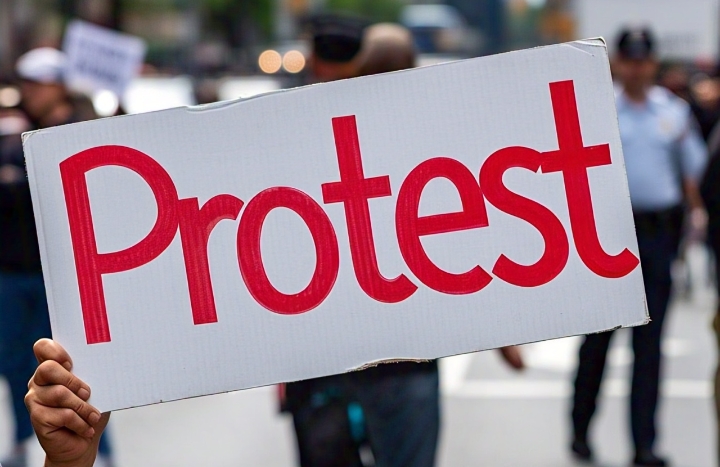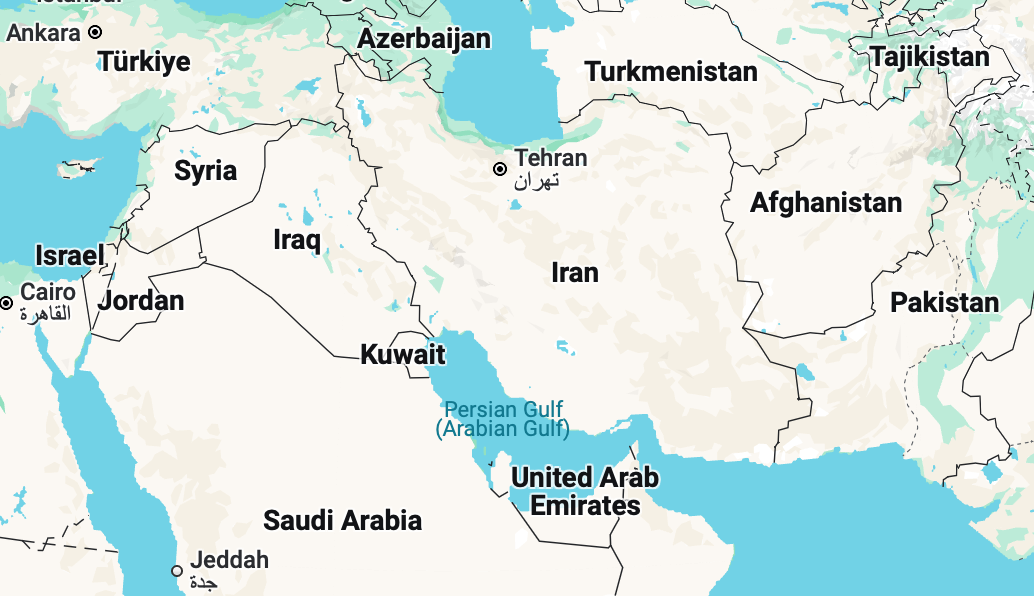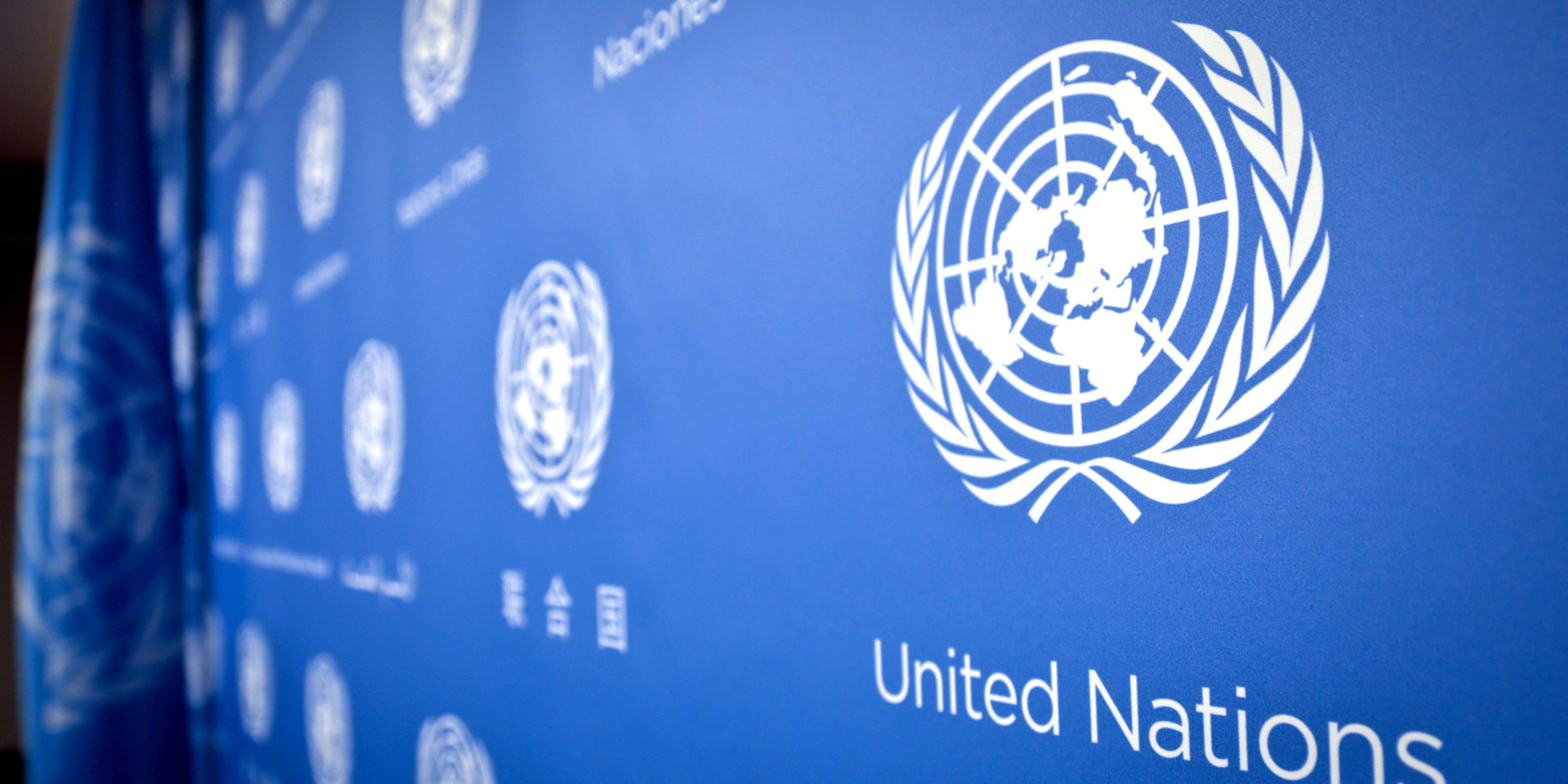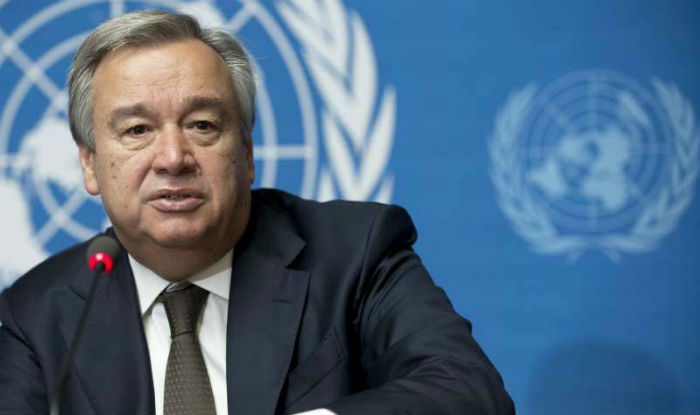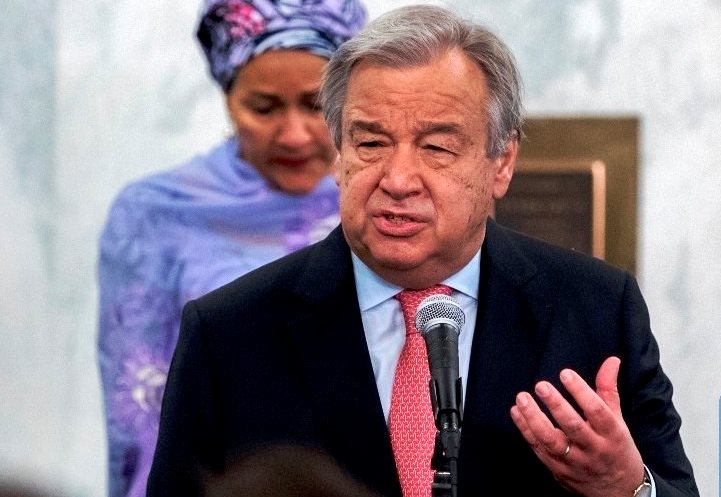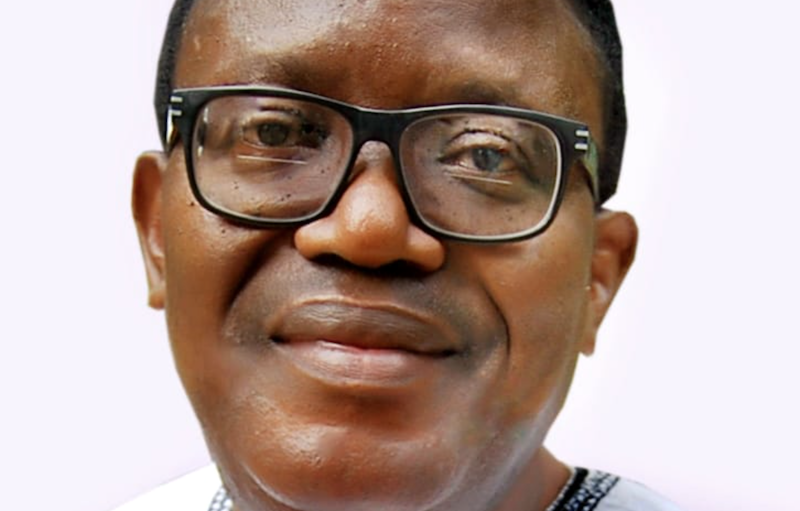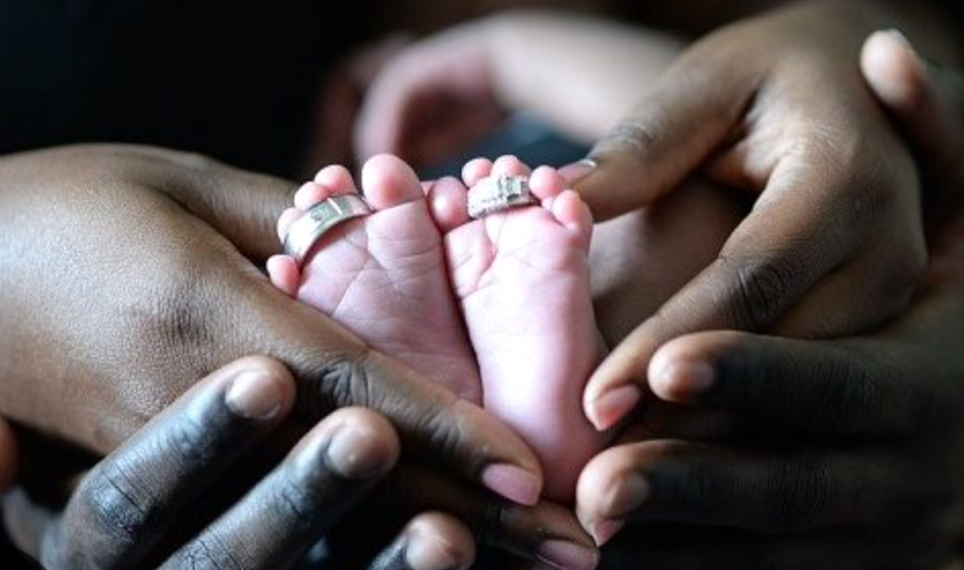Iran and Israel on Tuesday at the UN Security Council, sharply disagreed over employing diplomacy to resolve Iran’s nuclear programme that led to a 13-day violent conflict between them.
Iran had said diplomacy could and must resolve differences between it and Israel on the one hand, and the world on the other hand, over its nuclear programme.
However, Israel differed, warning that diplomacy with Iran had failed.
Iran’s Ambassador to the UN, Amir Iravani, told the Security Council that his country “never initiated this war”.
Saeid said “once the aggressors stopped their attacks, Iran stopped its lawful military response as well”.
Saeid also expressed his country’s strong commitment to diplomacy as the path through which differences can and should be resolved.
“Iran continues to believe that a diplomatic resolution to nuclear and sanction issues is possible,” Saeid said.
He called on the Security Council to condemn Israel’s and the United States’ attacks on Iran and their International Atomic Energy Agency (IAEA)-protected nuclear facilities and work to ensure that they never happen again.
Saeid added that Iran upheld Council Resolution 2231 and the Joint Comprehensive Plan of Action (JCPOA), and that remedial measures were “fully consistent” with these two instruments.
Howevet, Israel warned that diplomacy with Iran over its nuclear programme had failed.
Israeli Ambassador Danny Danon defended his country’s military operation against Iran, describing it as a necessary move to neutralise a “double existential threat” from Tehran’s nuclear and missile programmes.
He said Israel achieved complete air superiority and removed key regime targets, acting in coordination with the U.S.
Danon accused Iran of deceiving the world for years, using diplomacy as cover to advance its nuclear weapons programme.
“There is still time to take meaningful and decisive action to ensure that the threat of a nuclear Iran does not return stronger than before,” he said.
“We are often told that diplomacy must be given a chance, it was given every chance, every round, every channel, every deadline.
“But so far it has failed, the regime in Tehran never had any intention of complying,” he added.
The United States, in its position, urged Iran to return to the negotiation table and renounce its nuclear programme.
Acting U.S. Permanent Representative to the UN, Amb. Dorothea Shea, said Iran’s increase in nuclear activity lacked “any credible civilian justification.”
The UK Ambassador Barbara Woodward welcomed the ceasefire brokered by U.S. President Donald Trump but warned that “the situation remains extremely fragile.”
Expressing that “now is the time for a return to diplomacy,” Woodward urged Iran to engage in talks without delay, warning that its nuclear programme had exceeded “any credible civilian justification.”
She said all diplomatic levers would be deployed for a negotiated outcome and to “ensure Iran does not develop a nuclear weapon.”
Echoing UN appeals for dialogue, the European Union stressed that “a lasting solution to the Iranian nuclear issue can only be through a negotiated deal, not military action.”
Briefing the Council, Amb. Stavros Lambrinidis said, ”Ensuring that Iran does not acquire or develop a nuclear weapon remains a key security priority for the EU”.
A fragile ceasefire brokered by the United States between Iran and Israel appears to be holding, marking a tentative halt to a dangerous regional escalation.
UN political affairs chief Rosemary DiCarlo said the fragile ceasefire announced by U.S. President Donald Trump provided “an opportunity to avoid a catastrophic escalation and achieve a peaceful resolution of the Iran nuclear issue.”
Amid the relative calm, the UN renewed its call for a diplomatic solution to the Iran nuclear issue, warning that the objectives of the Iran nuclear deal (JCPOA) and the resolution that endorsed it remained unmet.
JCPOA is an agreement negotiated between Iran and the Permanent Members of the UN Security Council, with the EU.
It aims to limit Iran’s nuclear programme to exclusively peaceful purpose in return for sanctions relief and other provisions.
UN urges Iran, Israel to ‘fully respect’ ceasefire
The United Nations Secretary-General António Guterres has welcomed the ceasefire announcement between Iran and Israel.
Before both sides confirmed that a ceasefire was in place early Tuesday, they exchanged fire, with Tehran residents saying they had experienced a heavy barrage of attacks.
In a social media post, the UN chief urged both countries to fully respect the ceasefire.
“The fighting must stop. The people of the two countries have already suffered too much,” Guterres said.
“It is my sincere hope that this ceasefire can be replicated in the other conflicts in the region,” he stressed.
The Director General of International Atomic Energy Agency (IAEA), Rafael Grossi, stressed the need for strong new nuclear deal.
The head of the UN-backed nuclear watchdog urged Tehran to consider “resuming cooperation” with the international community to quell any lingering hostility around its nuclear programme.
“Resuming cooperation with IAEA is key to a successful agreement,” the IAEA chief stressed adding, he had offered to meet Iranian Foreign Minister Abbas Araghchi on working together.
Grossi stressed “this step can lead to a diplomatic solution to the long-standing controversy” over Iran’s nuclear programme.
A fragile ceasefire proposed by the United States seemed to take hold briefly on Tuesday morning, before reports of further Iranian missile strikes on Israel, which was disputed by Tehran.
The Iran-Israel conflict began with Israeli air attacks on June 13 and escalated over the weekend with U.S. forces striking Iranian nuclear facilities.
Hundreds of civilians have reportedly been killed in the Israeli airstrikes, while Iran’s retaliatory strikes killed at least 30 people in Israel.
An updated casualty count from the Iranian authorities on Tuesday indicated that 610 people have been killed including 49 women and 13 children since June 13.
That number included two pregnant women and one infant along with 4,746 injured, including 185 women and 65 minors.
Seven hospitals, four health units, six emergency bases and nine ambulances were also damaged, according to the Iranian health authorities.
Some 28 Israeli citizens have reportedly been killed by Iranian missile strikes to date.
Before leaving Washington for a NATO Summit in the Netherlands, Trump expressed his frustration at the breaches of the fragile ceasefire agreement, urging Iran and Israel to observe the truce.
Iran’s atomic chief says nuclear activities won’t stop
Iran’s atomic chief on Tuesday said that no pause would take place in the country’s nuclear activities, according to state-run IRIB news agency.
President of the Atomic Energy Organisation of Iran Mohammad Eslami made the remarks during an interview while pointing to the attacks by the United States and Israel on Iran’s nuclear facilities, the report said.
“We have made the necessary arrangements and preparations and are assessing the damages,” Eslami said, stressing that preparation for reviving the country’s nuclear facilities had been anticipated in advance.
He emphasised that the country has plans to prevent any pause in its nuclear production and services.
On June 13, Israel launched major airstrikes on different areas in Iran, including nuclear and military sites, killing several senior commanders, nuclear scientists and civilians.
Iran responded by launching several waves of missile and drone attacks on Israel, inflicting casualties and heavy damages.
The United States on Saturday attacked three Iranian nuclear sites, the Fordow, Natanz and Isfahan.
In retaliation, Iran on Monday targeted U.S. Al Udeid Air Base in Qatar with missiles.
Shortly after Iran’s retaliatory attack, U.S. President Donald Trump on Monday night announced that Israel and Iran had reached a formal agreement to implement a complete and total ceasefire, marking what he called the end of the “12-Day War.”
Nevertheless, Israel on Tuesday morning claimed it had detected new missile launches from Iran a charge denied by the Iranian military.

